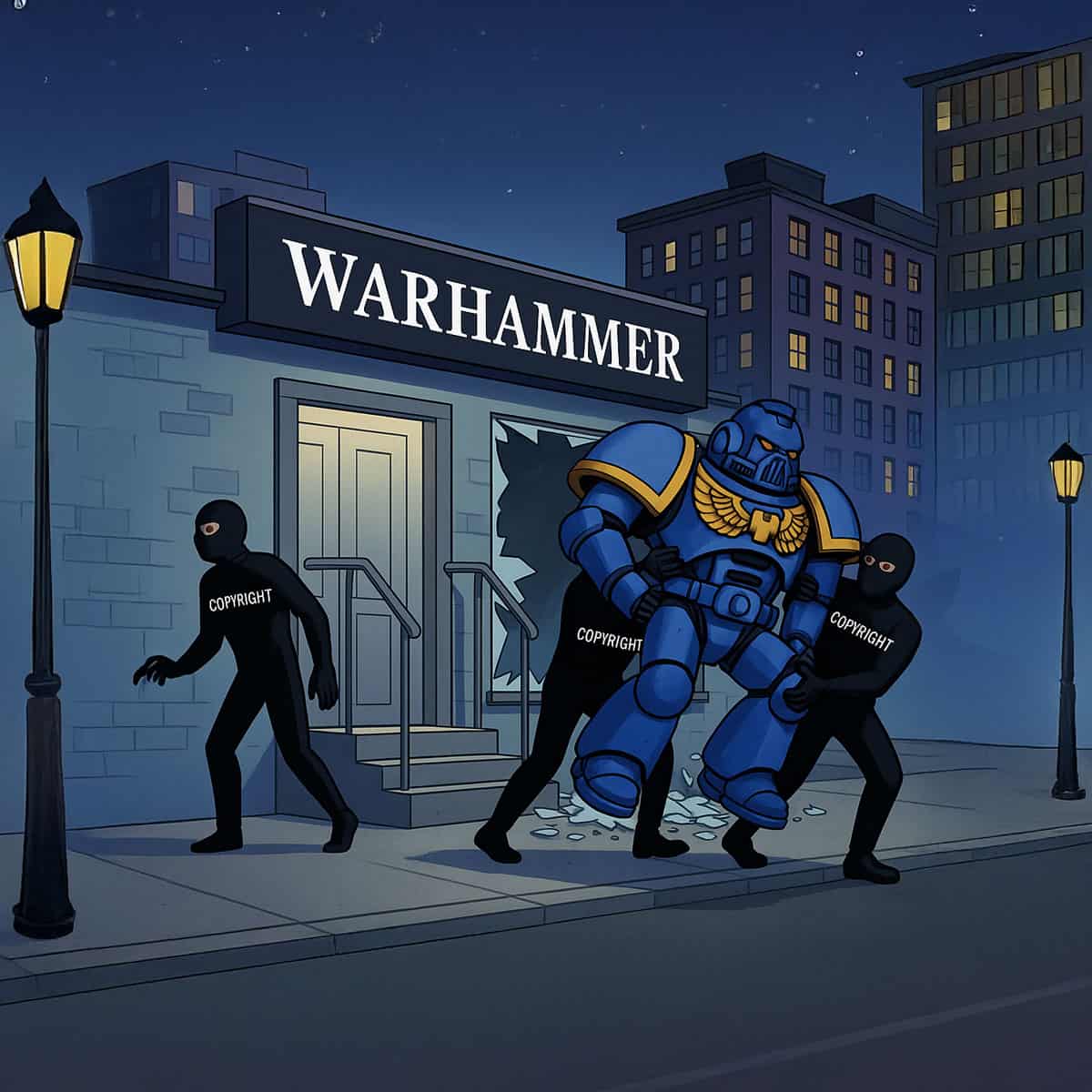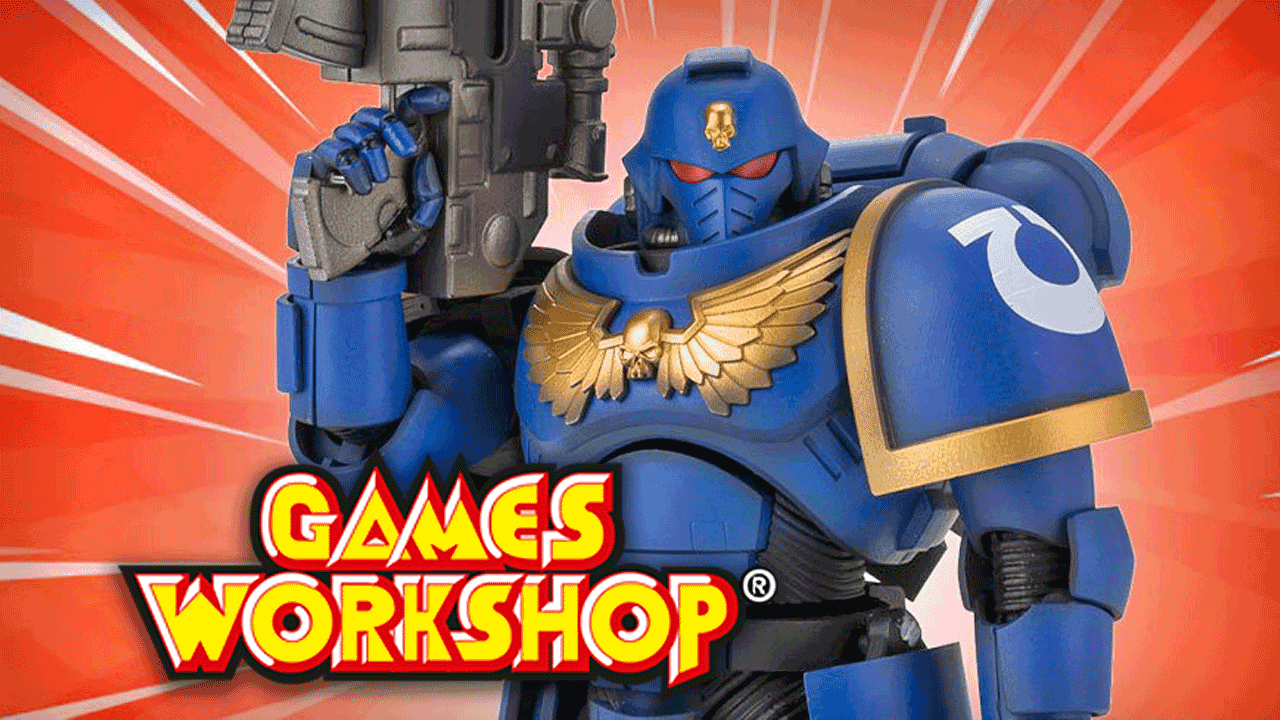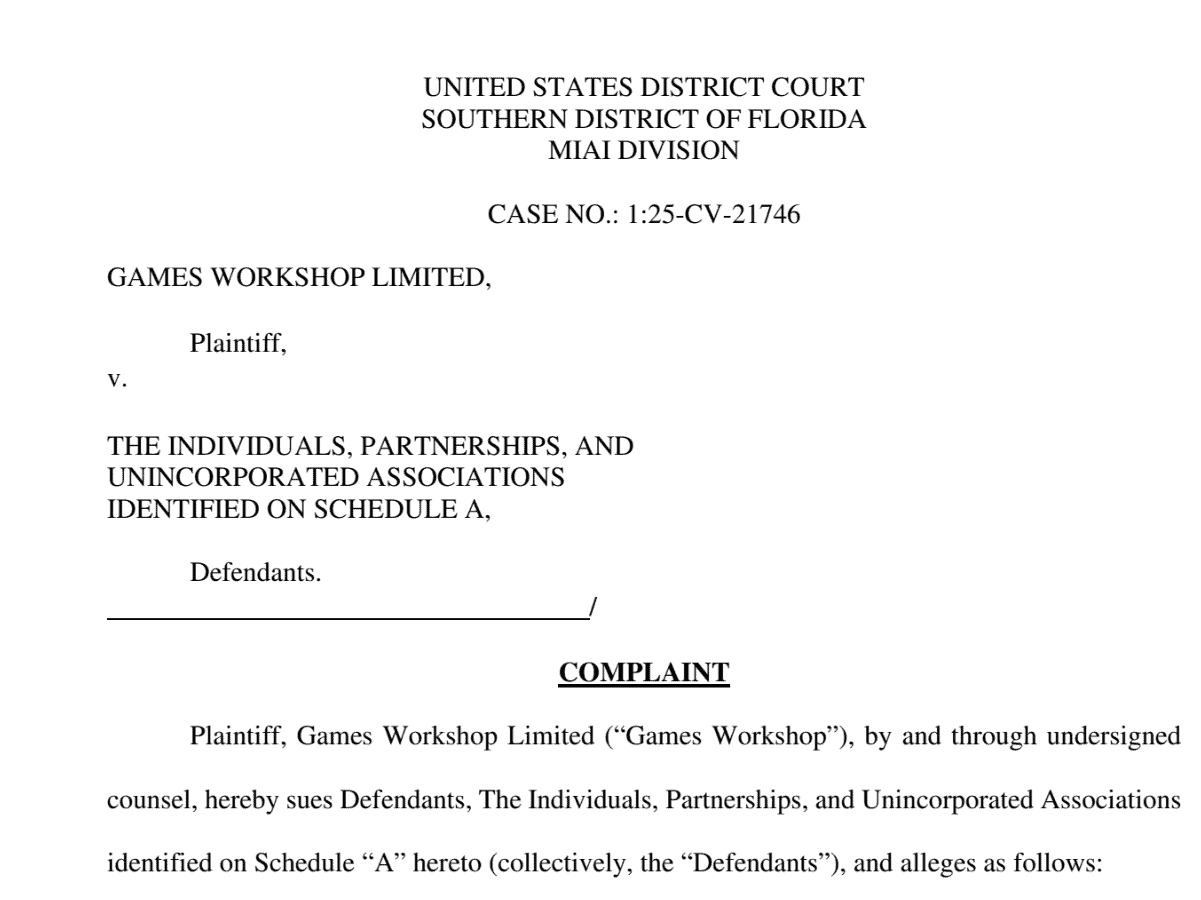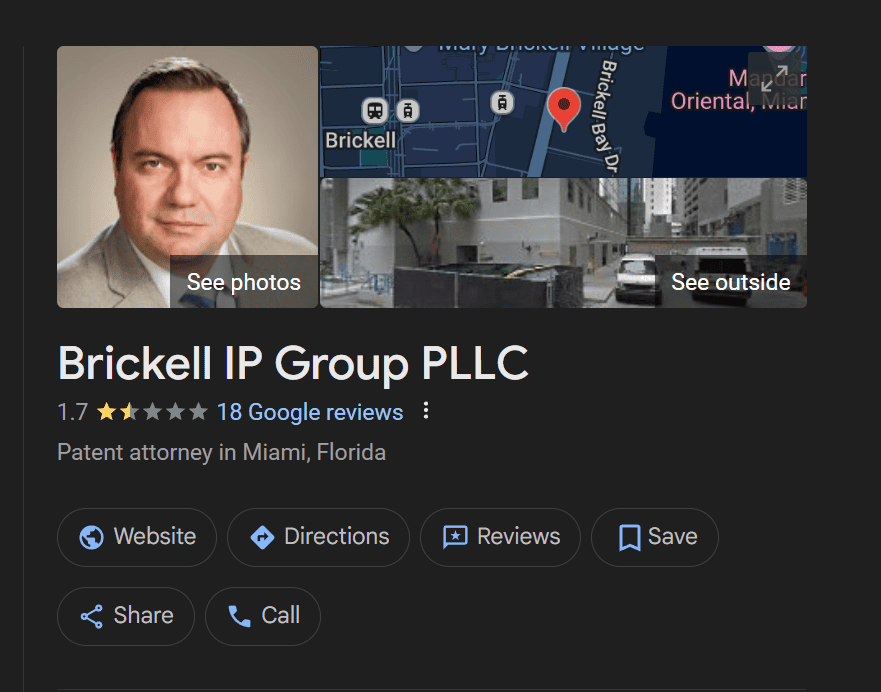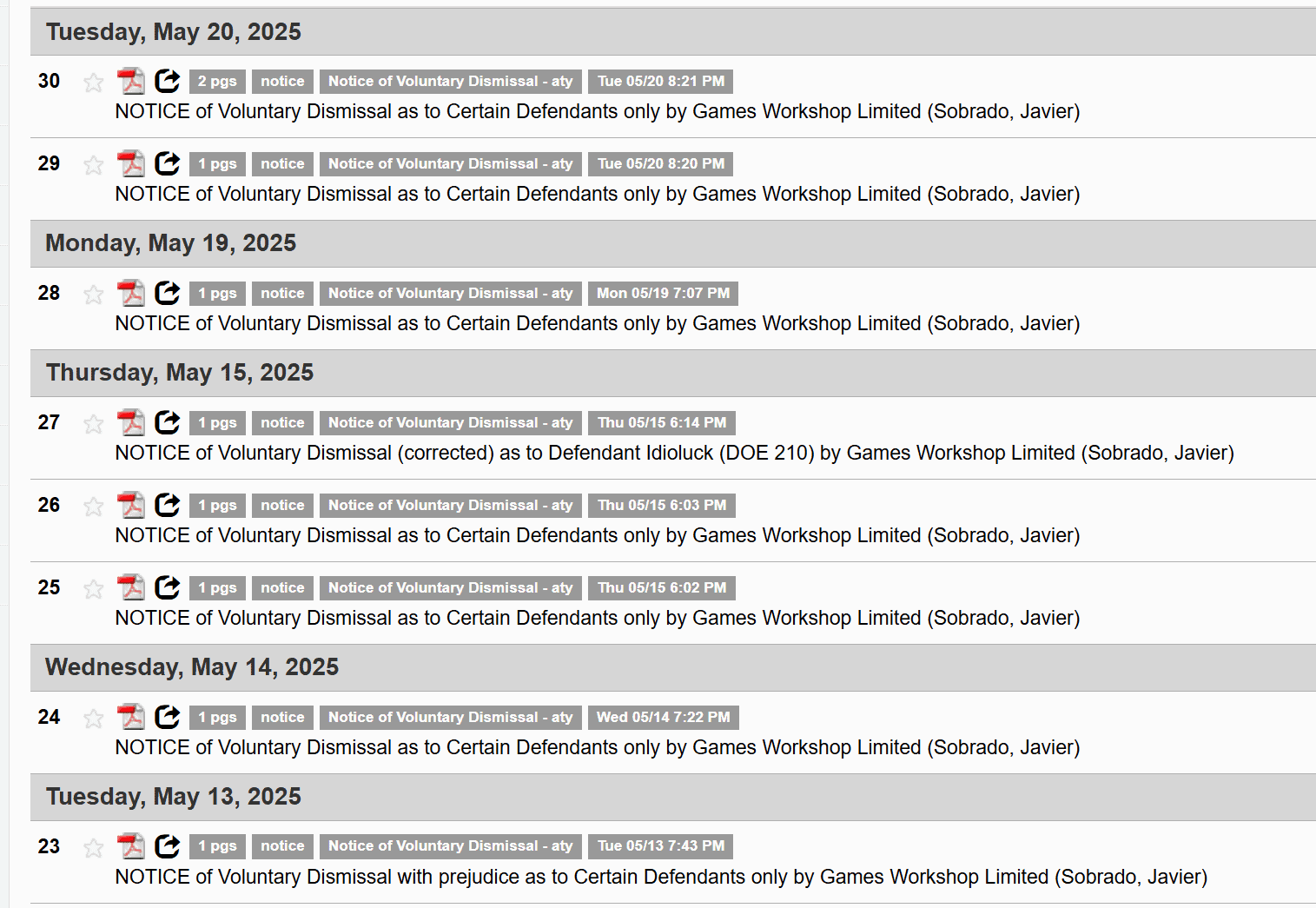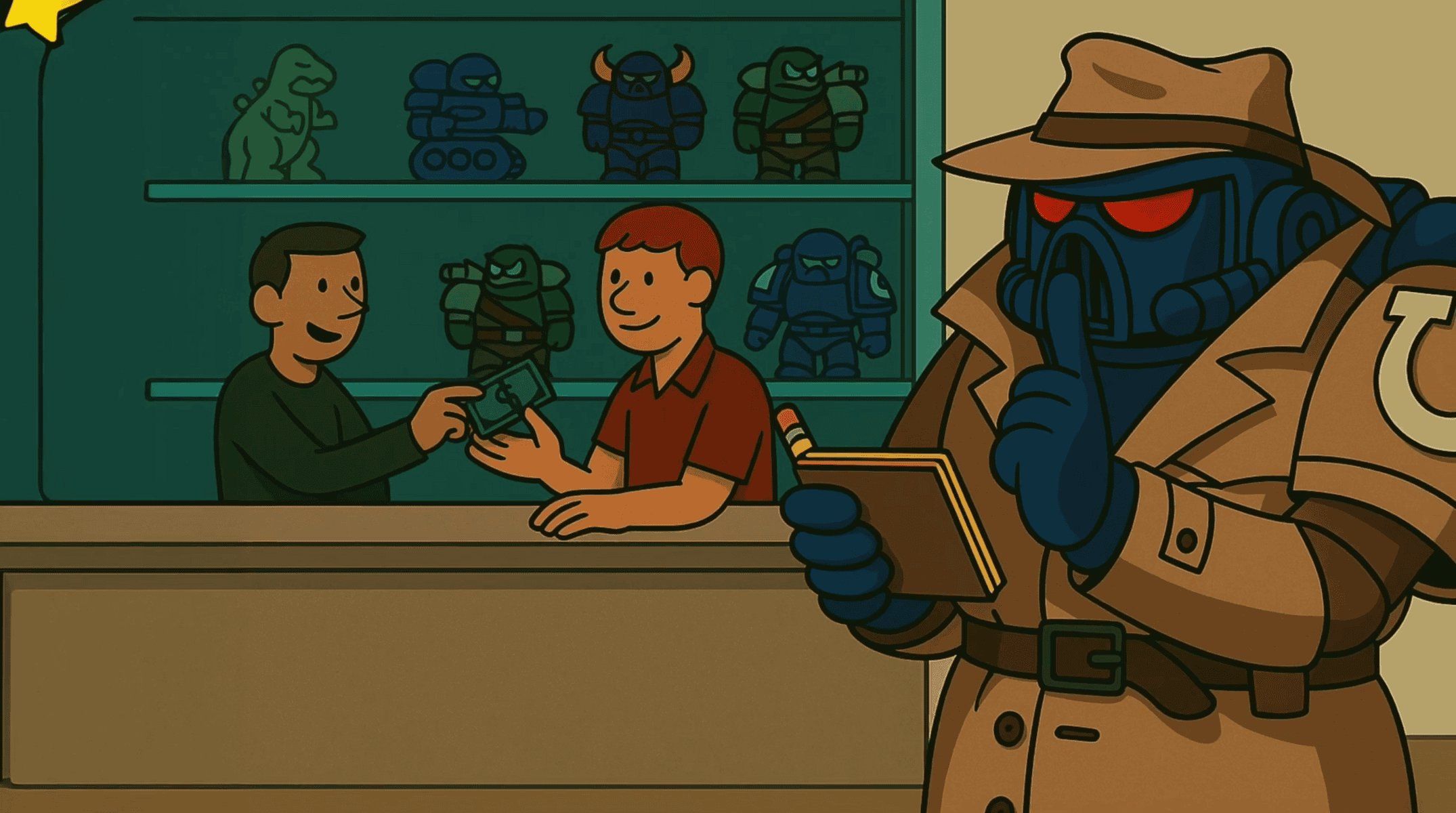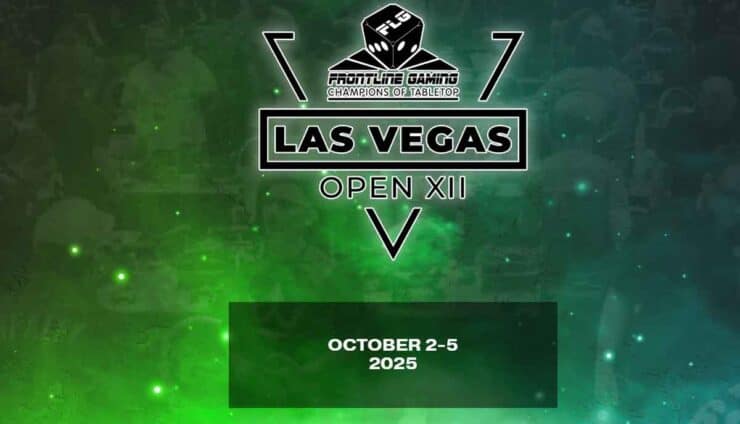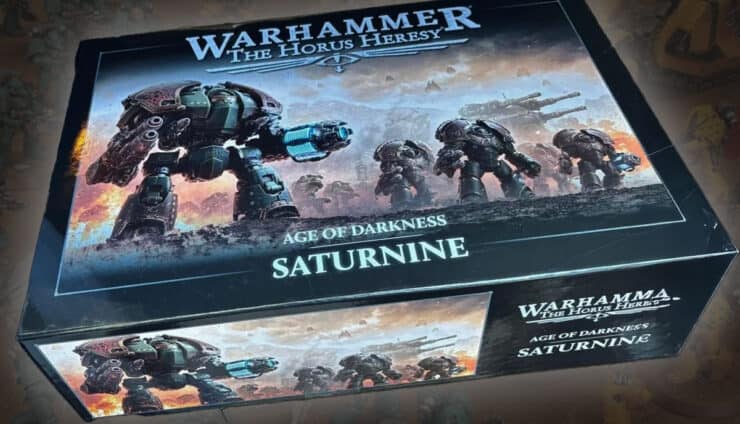GW’s sweeping lawsuit hit 280 sellers for Warhammer trademark issues, but it seems like they targeted plenty of the wrong companies.
Games Workshop just pulled a legal U-turn—and it’s a big one. After swinging hard with a lawsuit against 280 online sellers for Warhammer trademark infringement, they’re now admitting some of those targets shouldn’t have been on the list.
Yep, they froze accounts, dropped the legal hammer, and then followed it up with a handful of generic “oops” emails.
Here’s the latest on what happened and where we are at now…
Apologies, Asset Freezes, and a Whole Lotta Drama
If you thought the Warhammer hobby only involved assembling tiny soldiers and painting them in caffeine-fueled late-night sessions, welcome to the legal chapter. Games Workshop, the UK-based juggernaut behind all things grimdark and plastic, recently made headlines with a sweeping lawsuit.
Why? Alleged Warhammer counterfeit products and trademark infringement. And we’re not talking about polite cease-and-desist notes here. This was a full-on legal swing.
The Big Hammer Falls
In a move that left many retailers wide-eyed and refresh buttons worn out, Games Workshop filed suit in the US, claiming violations under trademark law, false designation of origin, and invoking the All Writs Act just for good measure.
The claim? Sellers were pushing fake minis, misusing branded symbols (like those of the Space Wolves), or misrepresenting themselves with sketchy listings that mimicked official merchandise.
The case leverages a controversial Florida legal tactic called the “Schedule A Defendant Scheme” (SAD). This allows a single lawsuit against many defendants with frozen online stores and funds—before they even know they’re being sued
Sellers often can’t access their income, can’t operate their store, and are pressured into settling for $2,000–$10,000, even if they’ve done nothing clearly illegal, just to regain access.
Games Workshop can strategically drop or keep defendants in the case, control what the court sees, and collect funds from frozen accounts—making it appear legitimate while functioning more like legalized extortion.
The Oops Moment
Fast-forward a bit (literally just a day or two), and it seems some wires got crossed. GW has started reaching out to businesses to say, “Oops, our bad. You weren’t supposed to be on the list.” The message? A mild-mannered email saying the store was mistakenly lumped into the lawsuit and that counsel has been asked to retract the claim.
As of right now, it appears over a dozen of the 280 sellers have had their cases dismissed by Games Workshop. Many more are also looking to be discharged.
Now, let’s be clear. This wasn’t just a misunderstanding over a mislabeled spreadsheet. These stores had their assets frozen. Their business operations got tangled in a legal net, all before being told, “You’re not actually part of this Warhammer counterfeit mess.”
This is all hot on the heels of GW taking down tons of YouTube creators.
Imagine having your business locked up overnight and then receiving an email five hours later with a form-letter apology, kind of like stepping on a landmine and being handed a Band-Aid.
Legal Might Meets Hobby Fright
On one hand, you get why Games Workshop is swinging hard. Bootleg minis and Warhammer knockoffs aren’t new. If you’ve spent five minutes in a Facebook buy/sell group or browsed certain corners of the internet, you’ve seen them.
Some are laughably bad. Others? Pretty convincing. The Warhammer trademark infringement problem is real.
That said, blanketing the field with a legal net and sorting things out after assets are frozen isn’t a great look. This could have been handled with more finesse—or at least more accuracy. Businesses are rightly frustrated. And for some, GW’s canned apology may not do much to restore trust.
What Now?
For sellers, it’s a wake-up call. Even if your listings are clean, using even slightly questionable branding can attract unwanted attention. That Space Marines sticker you thought was “inspired by” GW IP? Yeah, not worth it. If you’re in the Warhammer space, it’s time to audit your products, branding, and listings. Don’t give legal teams a reason to knock.
And for Games Workshop? This might be the moment to rethink how these legal actions are handled. Going full legal-hammer is one thing. Catching innocent stores in the swing? Not a good look. Especially when the cleanup involves copy-paste apologies.
Final Thoughts
The Games Workshop lawsuit stirred up a lot more than legal filings—it stirred up fear, frustration, and no small amount of sarcasm in the hobby community. The message is clear: the company is done playing nice with counterfeiters. But the execution? That still needs a lot of work.
Just like a badly glued Primaris Marine, this whole situation could use a bit more precision. Maybe even a new coat of paint.
See the Initial Suit From GW Here
What are your thoughts on GW waiting until the lawsuit went live to actually retract the claims about who is involved?
